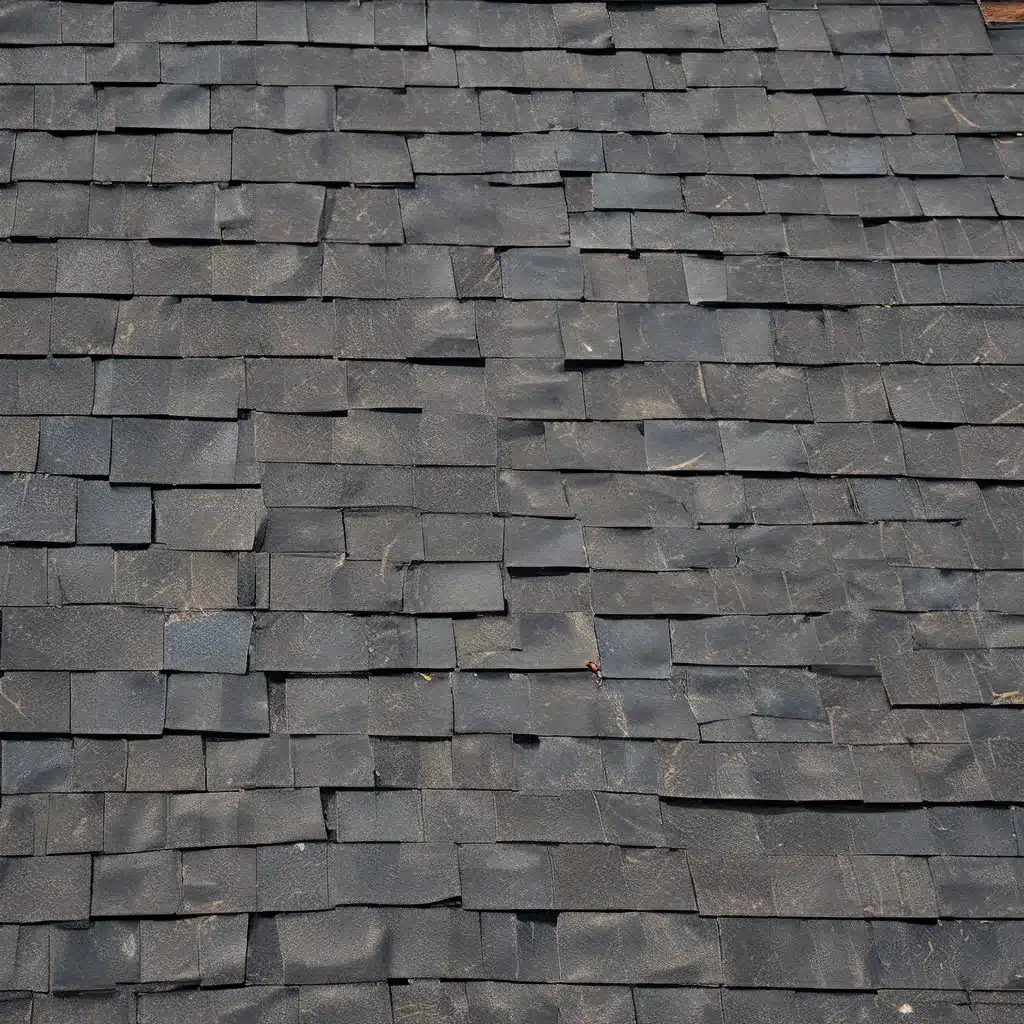
Ah, the joys of dealing with insurance claims after a major storm – it’s like navigating a labyrinth of fine print and bureaucratic red tape, isn’t it? As a homeowner who’s been through the wringer a time or two, I know firsthand how frustrating and overwhelming the process can be. But fear not, my friends, for I’m here to share my hard-earned wisdom and help you come out on top.
Understanding the Wind vs. Water Divide
One of the biggest challenges when it comes to storm damage claims is determining whether the culprit was good old Mother Nature’s wind or her pesky sidekick, water. Homeowners insurance typically covers damage from hurricane-force winds, including things like flying debris, fallen trees, and roof damage. On the other hand, flood damage requires a separate flood insurance policy, which can be a real pain to navigate.
The insurance companies love to play this game of “he said, she said,” often trying to argue that the damage was caused by flooding rather than wind, just to avoid paying out. But fear not, because with the right strategy and a little bit of detective work, you can prove that the damage was indeed wind-related and get the compensation you deserve.
Documenting the Damage
The key to winning any storm damage claim is thorough documentation. As soon as the storm passes, grab your camera (or your trusty smartphone) and start snapping away. Get up close and personal with those damaged roof shingles, broken windows, and fallen trees. Heck, even take some videos to really drive the point home.
But don’t stop there – collect any physical evidence you can, like branches or debris, and make sure to note the wind speeds and flooding levels you observed. This will all come in handy when you’re going toe-to-toe with the insurance adjusters.
Navigating the Claims Process
Now that you’ve got your visual evidence and documentation in hand, it’s time to dive into the claims process. The first step is to contact your insurance agent ASAP and get the ball rolling. Be sure to keep track of all your communications, from phone calls to emails, because you never know when you might need to pull out the receipts.
As you work with the adjuster, be prepared to fight for every last penny. Don’t let them lowball you or try to convince you that the damage was pre-existing. Stand your ground, present your evidence, and invoke that pesky appraisal clause if necessary. Remember, you’re the expert on your own home, not them.
Dealing with Denied or Underpaid Claims
Unfortunately, even with all your hard work, there’s a good chance your insurance company will try to deny your claim or pay out way less than you deserve. But don’t throw in the towel just yet – this is where an experienced hurricane damage attorney can be your best friend.
These legal experts know all the tricks of the trade and can independently investigate the damage to determine the true cause. They’ll also negotiate fiercely with the insurance company and, if all else fails, take them to court to get you the compensation you’re owed.
Covering Additional Expenses
On top of the actual damage to your property, a major storm can also wreak havoc on your wallet in other ways. Most insurance policies will cover additional living expenses, like the cost of temporary housing or meals, while your home is uninhabitable. And for business owners, there’s often business interruption coverage to help recoup lost income.
Just make sure to keep all your receipts and document everything meticulously. The insurance company won’t just hand you a blank check, so you need to be prepared to prove every single expense.
Rebuilding Stronger Than Ever
After the dust (and floodwaters) have settled, it’s time to start the process of rebuilding your home or business. This is where you can really put your newfound storm damage expertise to work. Research the best roofing materials and construction techniques to make your property more resilient, and don’t be afraid to consult with local experts at a reputable company like Southern Roofing Co to ensure you get it right.
Remember, the insurance company may have tried to lowball you, but with the right strategies and a little bit of grit, you can come out of this storm stronger and more prepared than ever before. So keep your head up, stay organized, and get ready to give those adjusters a run for their money!